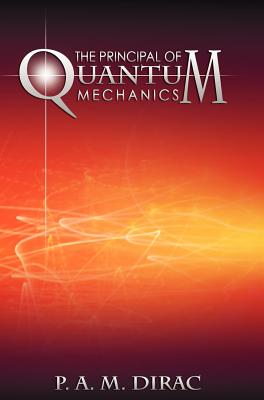
description
1The mechanics of Newton and Galileo is based on the postulate of a universal time which plays the role of an evolution parameter as well as establishing dynamical correlations between interacting systems. The Michelson-Morley experiment, explained by Einstein in terms of Lorentz transformations, appeared to imply that the time is not absolute, but rather suffers from changes when a system is in motion. Einstein's thought experiment involving a moving system and a laboratory frame of observation, however, indicates that the action of the Lorentz transformation corresponds to an observed effect recorded in the laboratory on a clock that must be running in precise synchronization with that of the observed system. Therefore one concludes that there must be a universal time, as postulated by Newton, and the time that suffers Lorentz transformation becomes an observable dynamical variable. This book describes the effect this observation had on the development of the theory of Stueckelberg, Horwitz and Piron, and the corresponding conceptual basis for many phenomena which can be described in a relativistically covariant framework.
member goods
No member items were found under this heading.
Return Policy
All sales are final
Shipping
No special shipping considerations available.
Shipping fees determined at checkout.







